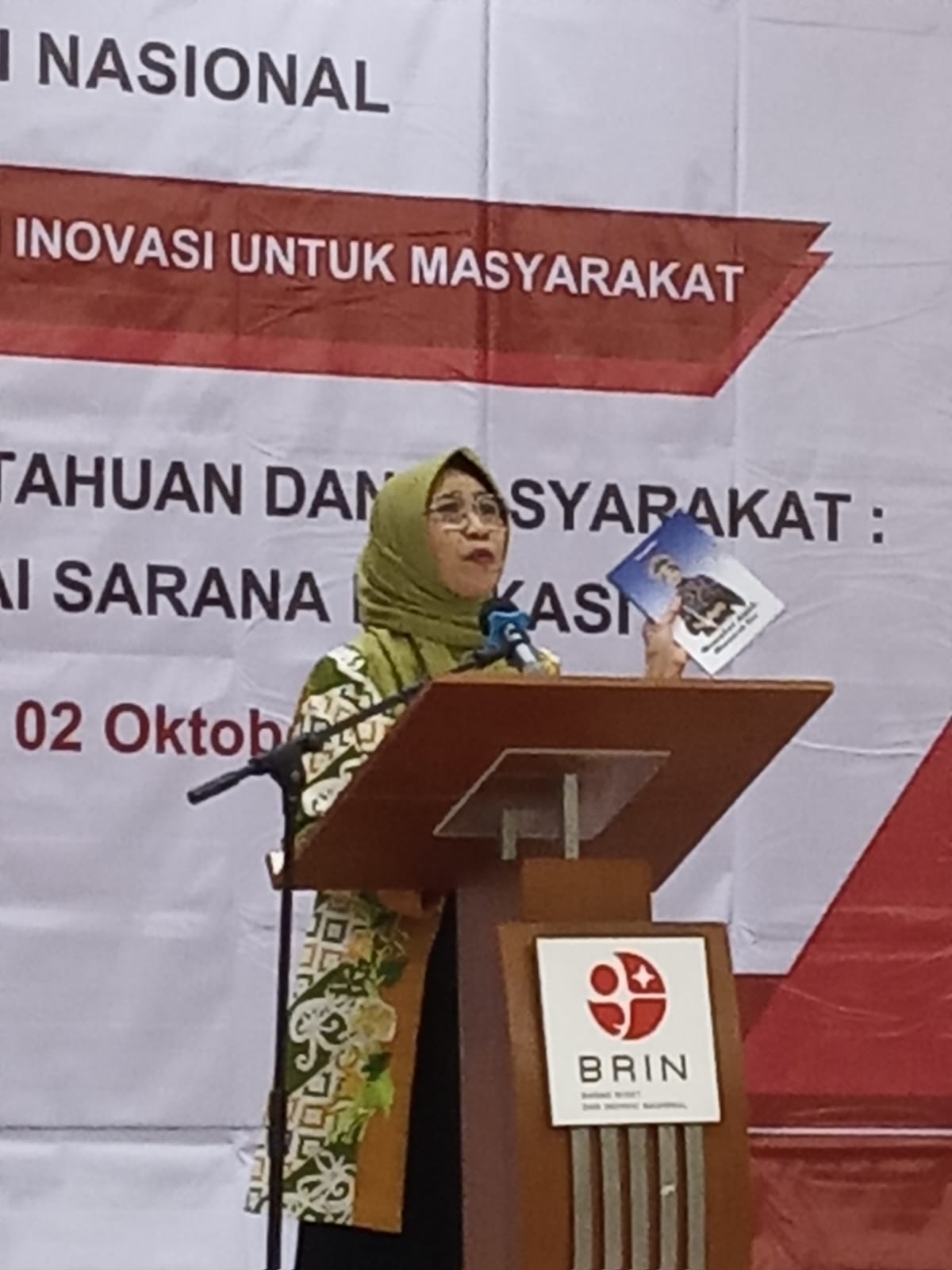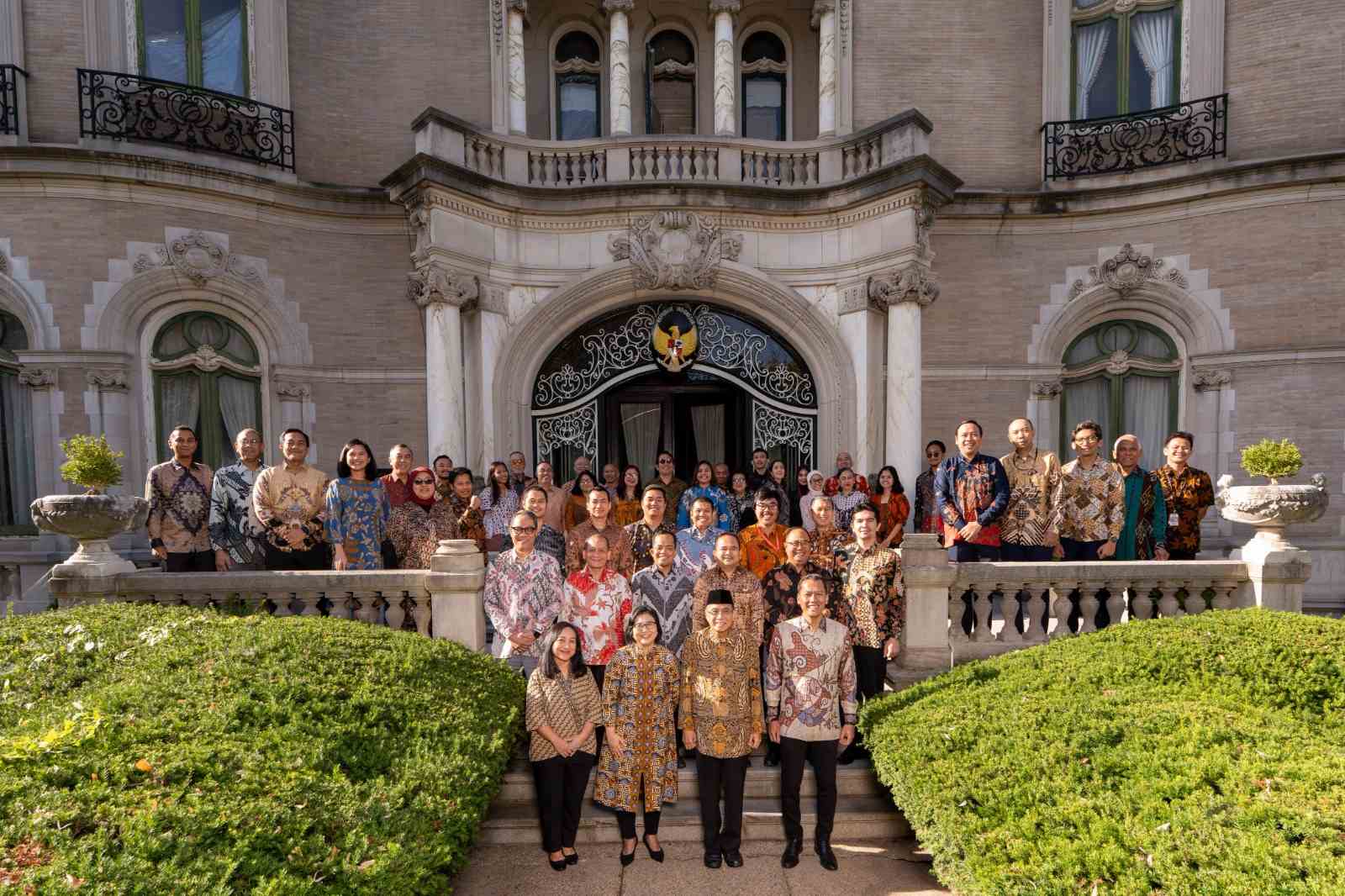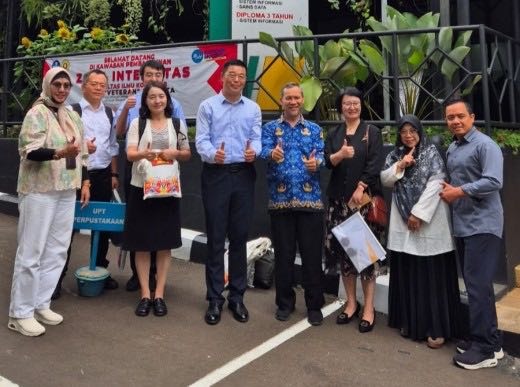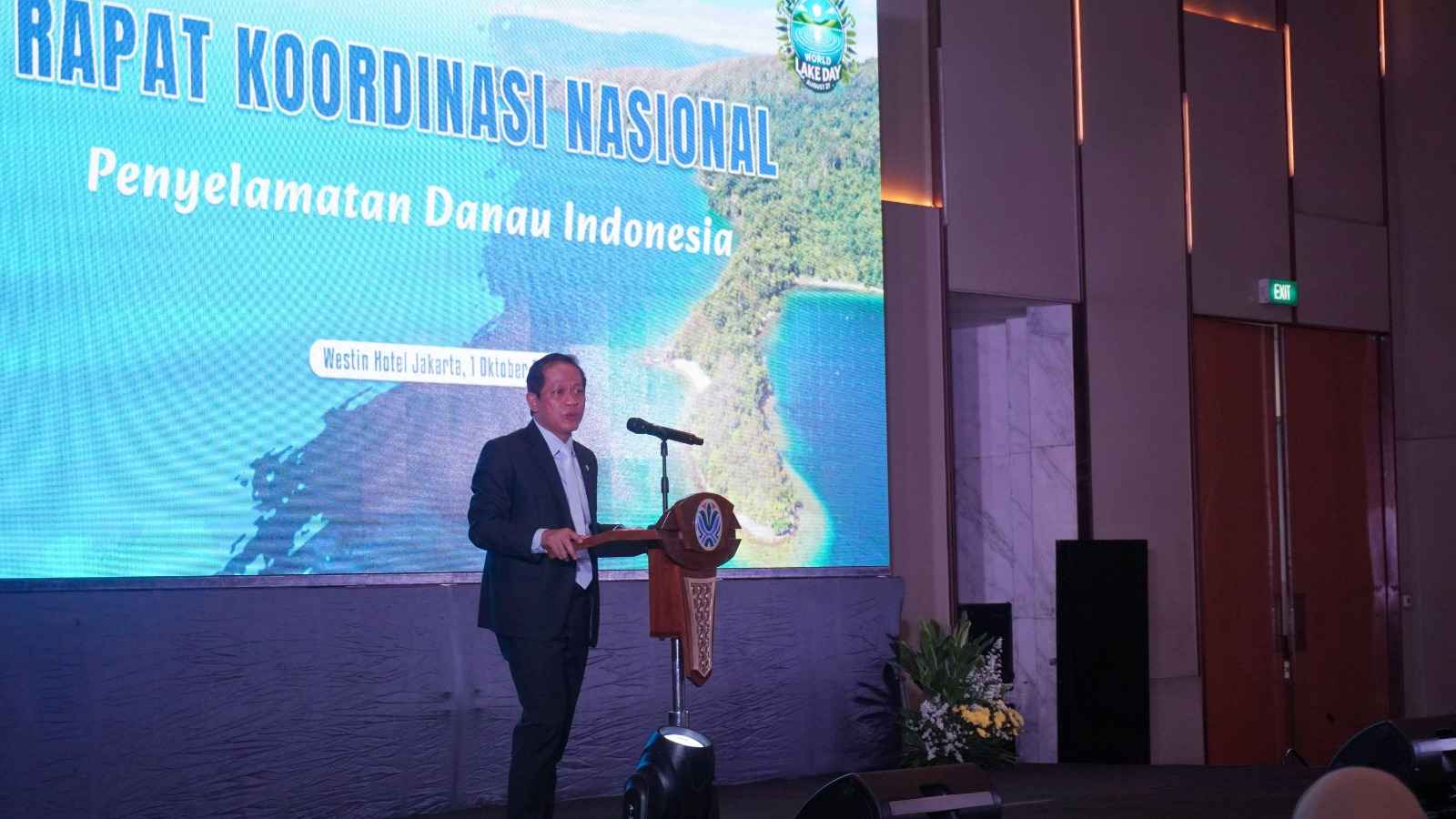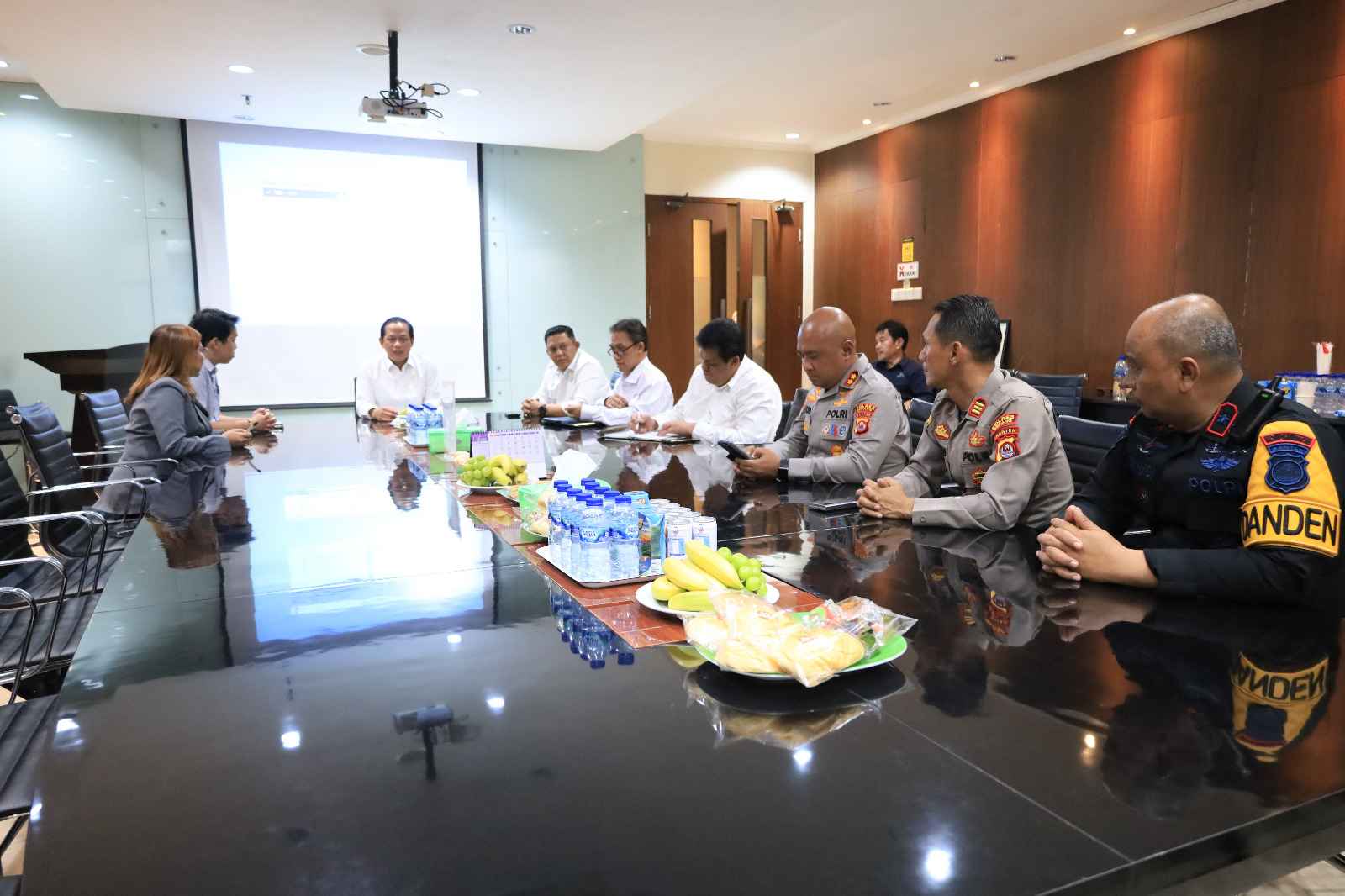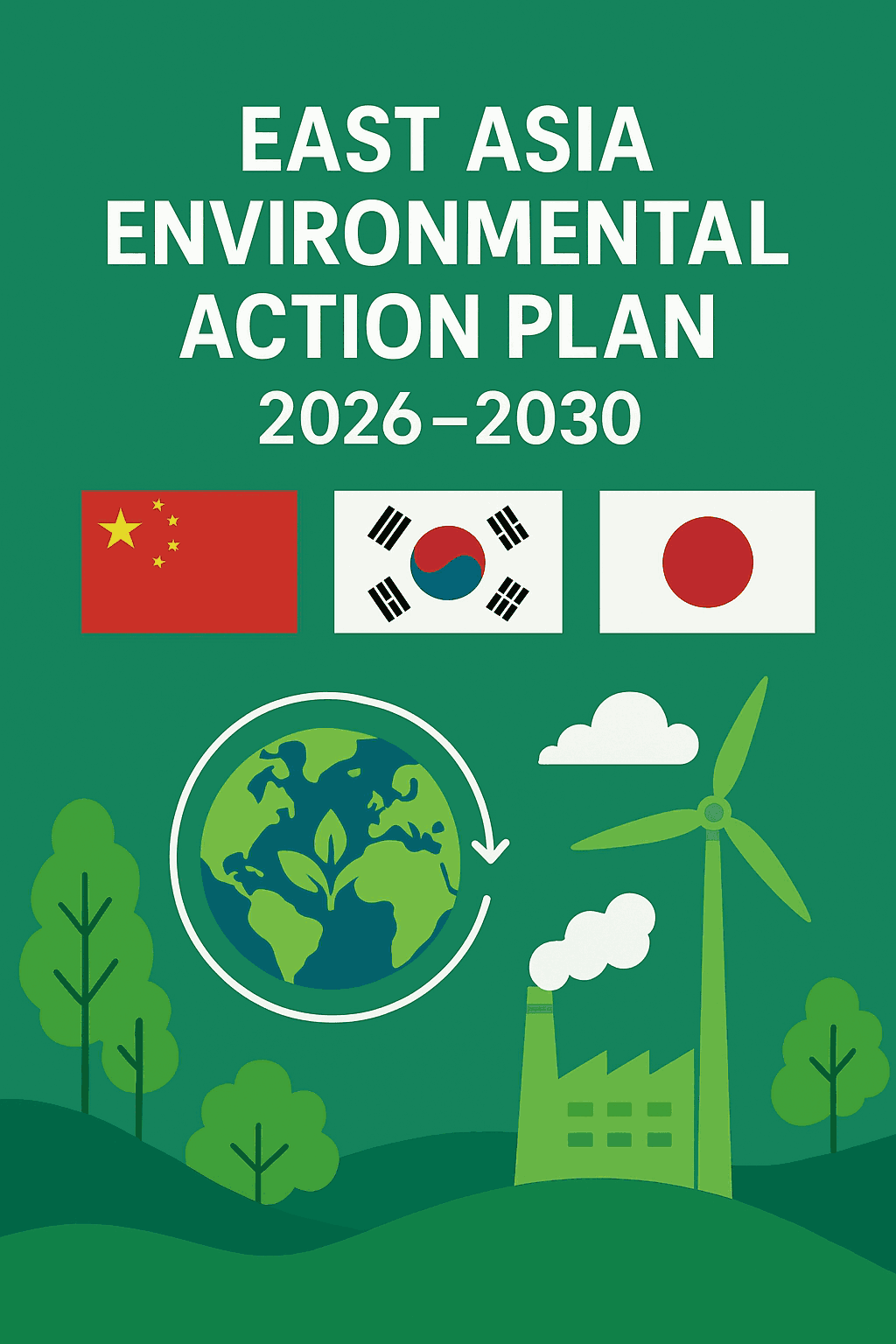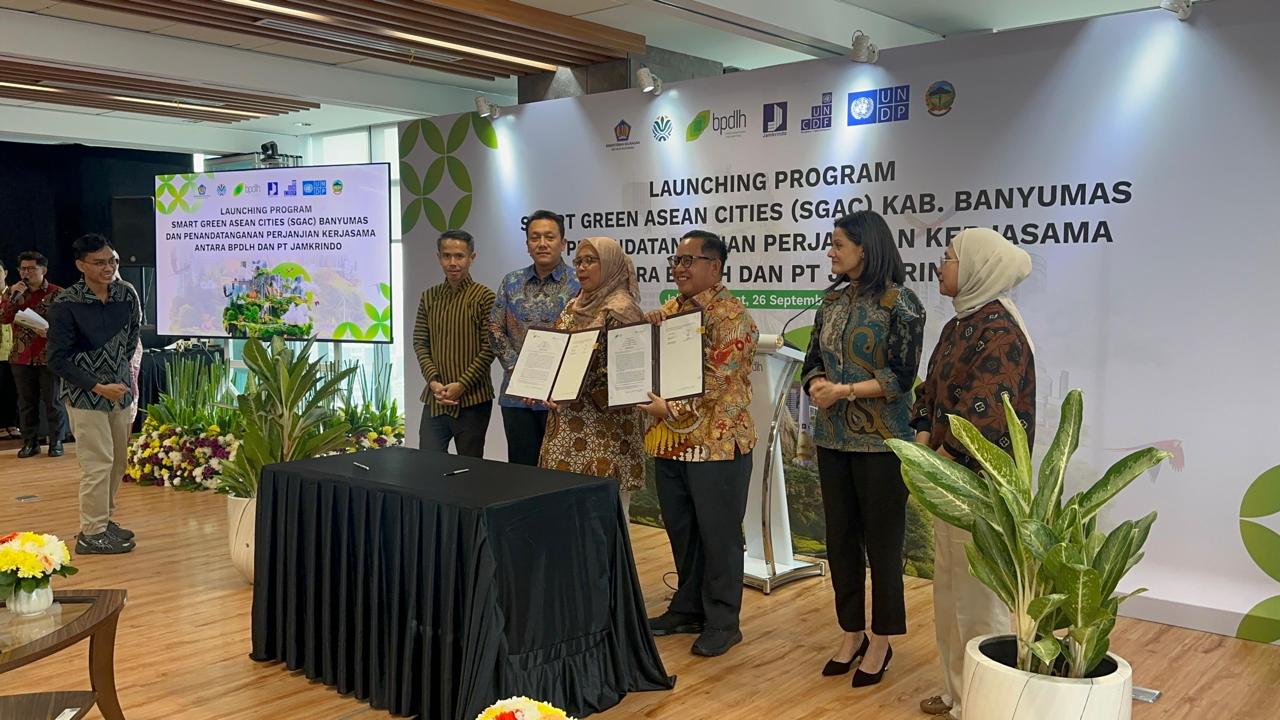Enviro News Asia, Jakarta – The Ministry of Environment/Environmental Impact Management Agency (KLH/BPLH) of the Republic of Indonesia has reaffirmed the importance of collaboration among various stakeholders in preserving ecosystems in Indonesia, particularly peatland ecosystems.
This was conveyed by Edy Nugroho Santoso, Director of Peat Ecosystem Protection and Management (PPEG) at KLH/BPLH, in his presentation at the “DMPG Program Socialization through Corporate Collaboration” event held during World Environment Day 2025 from Sunday to Tuesday (June 22–24, 2025) at the Jakarta International Convention Centre (JICC).
Edy explained that the Desa Mandiri Peduli Gambut (Peat Care Independent Village/DMPG) program demonstrates that peatland protection is not solely the responsibility of the state, but a shared duty.
“Through a community-based approach, we encourage active participation from all village elements in safeguarding their environment,” Edy stated.
The DMPG program targets the restoration of peatland ecosystems in 833 villages through government and local government interventions, while another 688 villages are designated as targets for interventions through corporate collaboration.
“This synergy proves that collaborative approaches are the key to restoring damaged peatland ecosystems,” Edy added.
He also noted that out of the 332 villages that have implemented the DMPG program, only three have experienced fires, indicating the effectiveness of the DMPG approach in preventing forest and land fires.
The DMPG program follows the 3R strategy—rewetting, revegetation, and revitalization—to ensure comprehensive restoration of peatland ecosystems, both ecologically and socio-economically.
“We emphasize that peatland restoration is not only a technical matter, but also an effort to sustainably improve the welfare of local communities,” said Edy.
“Going forward, we will continue to expand partnerships in implementing the DMPG program, including collaboration with companies, universities, and civil society organizations. We are confident that with a spirit of mutual cooperation and multi-stakeholder collaboration, Indonesia can become a global model for community-based peatland ecosystem restoration,” Edy concluded.
Meanwhile, Iwan Setiawan, Deputy Director of Corporate Strategy & Relations at APP Group, stated that APP has implemented its Forest Conservation Policy since 2013 and is pursuing its Sustainability Roadmap Vision (SRV) 2030, including peatland management based on LiDAR topographic data across more than 4.5 million hectares.
One of the benefits of using LiDAR data is the development of water management zoning in peatland areas on a landscape scale, involving not only inter-company areas but also communities surrounding the concession zones.
Additionally, APP has developed a community empowerment program called Desa Makmur Peduli Alam (DMPA) since 2015. “This community-based program is quite similar to DMPG.
APP has implemented the DMPA Program in 460 villages, reaching nearly 89,000 beneficiaries, 355 MSMEs, and 160 women’s groups. The program includes sustainable agriculture, compost fertilizer production, clean water management, the development of early childhood education centers, and scholarship distribution,” Iwan explained.
In 2024, the percentage of DMPA villages that remained free from forest fires rose to 90.6%, compared to only 41% in 2019 and 77.4% in 2023.
Iwan also mentioned several opportunities for implementing DMPG, such as the availability of corporate social responsibility (CSR/TJSL) programs in companies and ongoing peatland restoration initiatives.
Many companies also have technical personnel and resources for peatland management. “Another opportunity is for companies to act as off-takers or market connectors,” Iwan said.
However, Iwan also warned of several challenges that must be addressed, such as differing CSR program designs and levels of implementation among companies, necessitating the presence of an action coordinator within each landscape.
“Another crucial factor is the awareness and participation of communities, as well as collaboration among various parties such as the government, private sector, researchers, donors, and civil society organizations,” he added.
Synergy and collaboration remain the keys to the success of the community-based approach, which will continue to be the cornerstone of peatland ecosystem restoration efforts in the future. (**)





